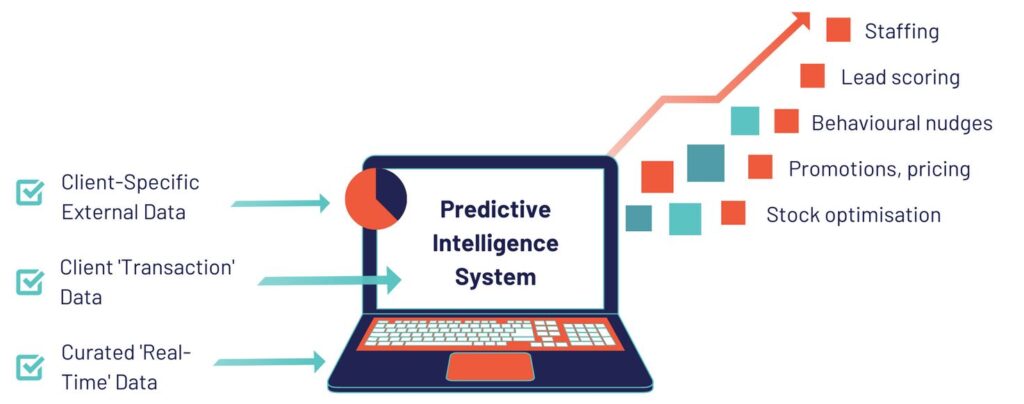How to avoid food waste in restaurants: 5 Useful Tips
Food waste is a pressing global issue that extends far beyond our dinner plates. Contrary to popular belief, it is not merely a matter of tossing leftovers in the bin – it encompasses the entire lifecycle of food production, distribution, and consumption.
The Urgency of Food Waste
In South Africa, like in many parts of the world, the problem of food waste is especially urgent. According to the World Food Programme, approximately one-third of all food produced worldwide goes to waste. For businesses in the restaurant industry, this poses a big financial dilemma: The Food and Agriculture Organization (FAO) estimates that food waste costs the global economy around $940 billion each year. Moreover, the Consumer Goods Council of South Africa (CGCSA) reports that a staggering 10.3 million tons of food are wasted annually, while nearly 20 percent of households lack sufficient access to food.

Five Tips to Combat Food Waste in Your Restaurant

- Regular Waste Audits
Start by conducting waste audits to identify where and how food is being wasted in your restaurant. This data will provide insights into areas that require immediate attention.
- Centralised Procurement
Centralise the procurement process to have better control over purchasing decisions and reduce the risk of individual locations over-ordering or ordering items that aren’t needed.
- Menu Engineering
Analyse your menu to identify low-performing or rarely ordered items. Consider streamlining your menu to focus on popular dishes and reduce the need for a wide variety of ingredients.
- Food Rotation Systems
Implement a “first in, first out” (FIFO) system to ensure older ingredients are used before newer ones, reducing spoilage. When there’s still a surplus of ingredients, utilise the excess inventory and create daily specials.
- Data-driven solution
Traditionally, demand forecasting has relied heavily on a backward-looking approach, consisting of human biases and struggles to keep up with fast-changing trends or shifts in consumer behaviour. This generally results in inefficient staff scheduling, poor stock management and sub-par customer service.
By harnessing the power of data science and economics, Predictive Insights’ Restaurant Intelligence System helps businesses to make informed decisions that reduce food waste, helping customers:
– Predict customer demand
– Reduce overproduction
– Optimise inventory levels
– Improve their sustainability practices
– Enhance their bottom line
Predictive Insights Reduced Food Waste for Quick-Service
Restaurants by 10% - 40%
One factor that can lead to food waste is uncertainty about demand. By applying our predictive analytics to the restaurant sector, we help reduce food waste through precise demand prediction. Moreover, our solution helps conserve resources, improve energy efficiency, and reduce greenhouse gas emissions – all vital contributions to addressing South Africa’s food scarcity and environmental challenges. This aligns with the United Nations’ Sustainable Development Goal to cut global food waste by 50 percent by 2030.
